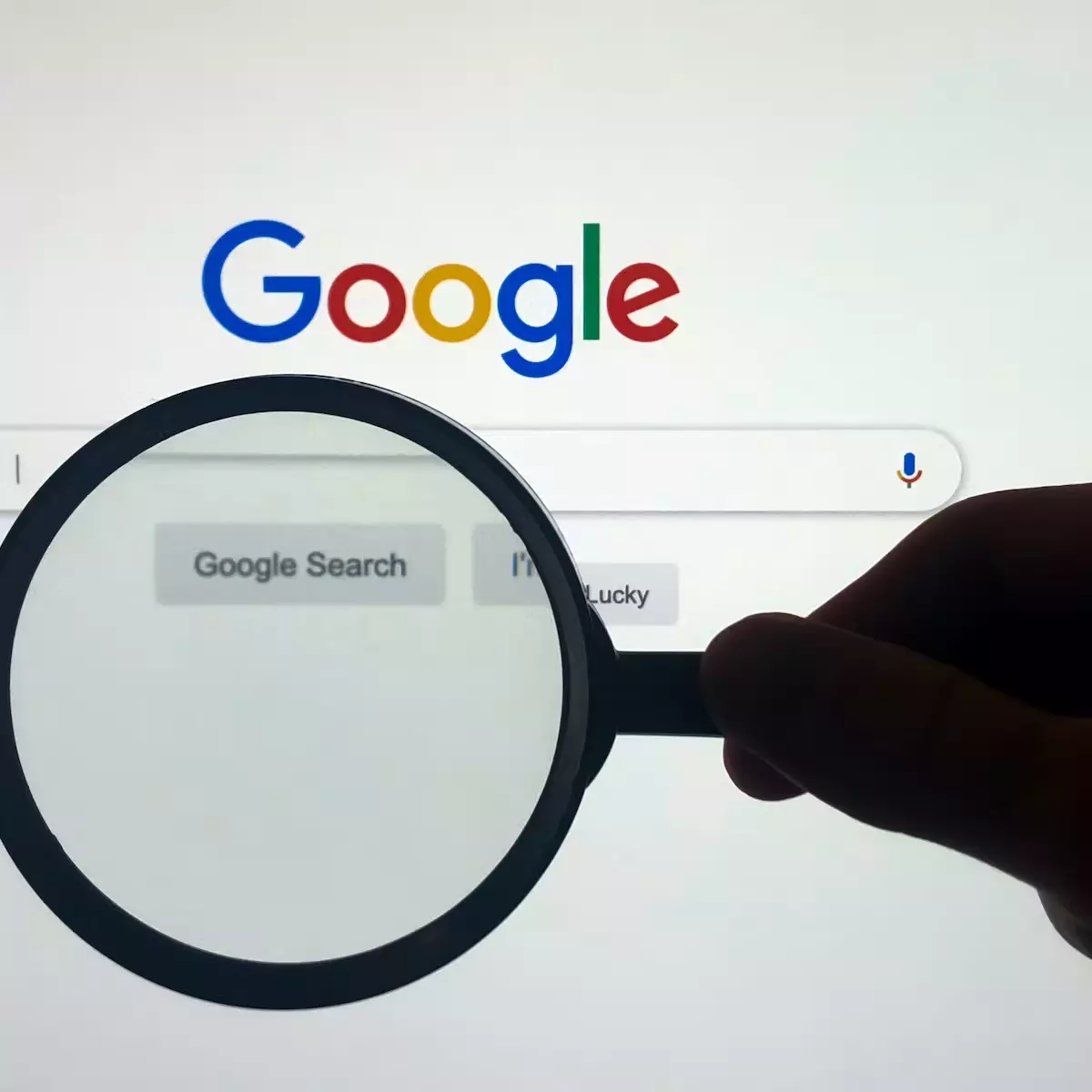Landmark Google antitrust case ready to conclude
In closing arguments of a Washington, DC, trial that began last September, regulators will apply the finishing touches to a case alleging Google has turned its search engine into an illegal monopoly that stifles competition and innovation
image for illustrative purpose

Washington: Lawyers for both the Department of Justice and Google will present arguments on Thursday and Friday to conclude the biggest antitrust case in a quarter century. In closing arguments of a Washington, DC, trial that began last September, regulators will apply the finishing touches to a case alleging Google has turned its search engine into an illegal monopoly that stifles competition and innovation. Regulators claim that Google competed unfairly when it made lucrative deals with Apple and other companies to automatically lock its search engine into smartphones and web browsers.
Meanwhile, Google maintains that consumers use its dominant search engine because it is the best available option. “Google pays more than $10 billion per year for these privileged positions,' argued Kenneth Dintzer, the Justice Department's lead litigator, last September. “Google's contracts ensure that rivals cannot match the search quality ad monetisation, especially on phones."
Prabhakar Raghavan, Google's senior vice president for knowledge and information products, said during testimony last October that the company's success is precarious and said its leadership fears their product could slide into irrelevance with younger internet users as technology evolves. He said the company has been tagged with the disparaging moniker “Grandpa Google” among younger demographics who don't see it as an interesting product. “Grandpa Google knows the answers and will help you with homework,” Raghavan said. “But when it comes to doing interesting things, they like to start elsewhere.”
After the closing arguments in the Justice Department's antitrust case against Google wrap up this week, US District Judge Amit Mehta is expected to issue his ruling in the late summer or early autumn. If he decides Google broke the law, another trial will determine how to rein in its market power. The case against Google mirrors the one brought against Microsoft in many ways, including the existential threat it poses to a renowned tech giant whose products are relied on by billions of people.

